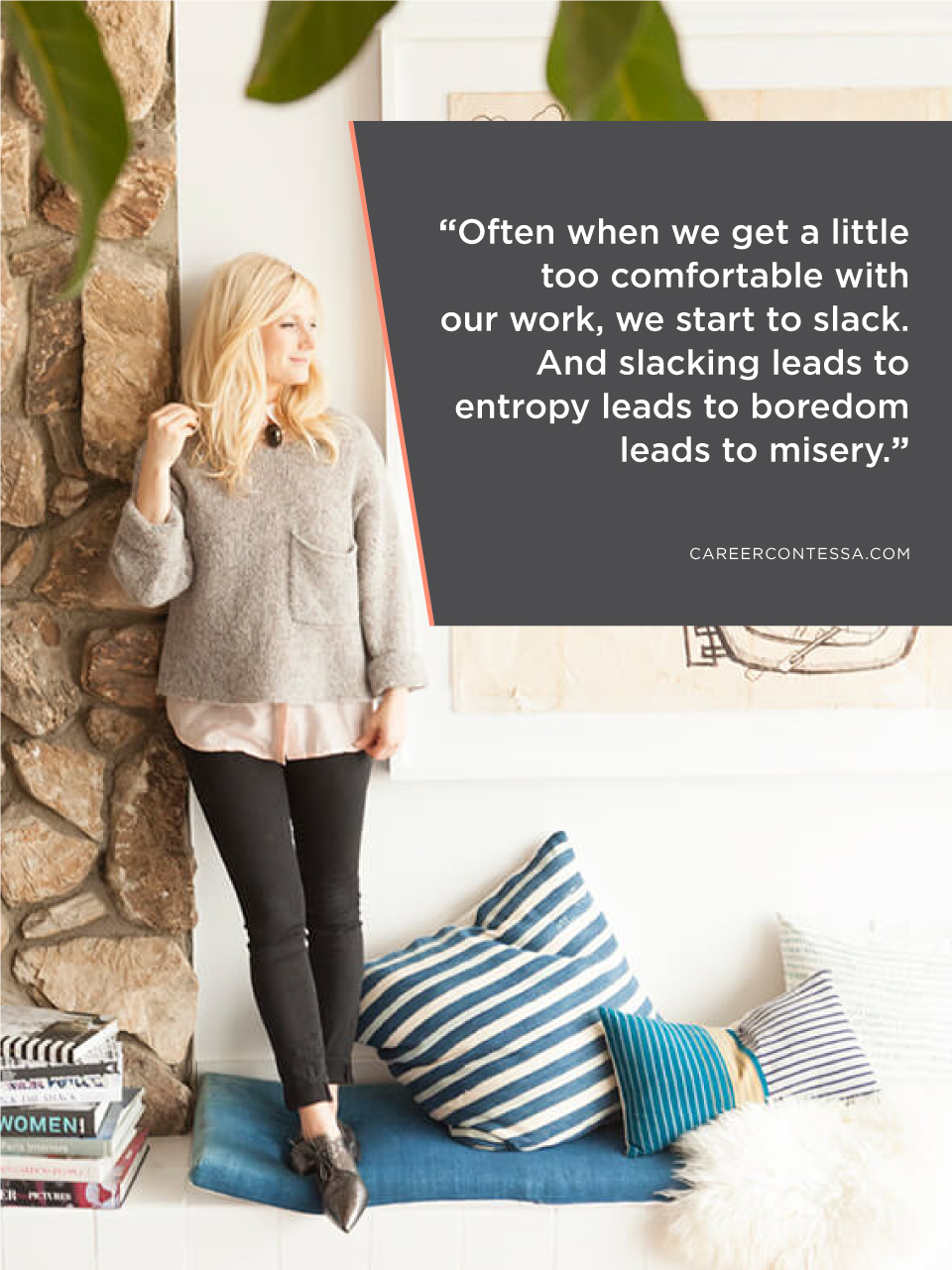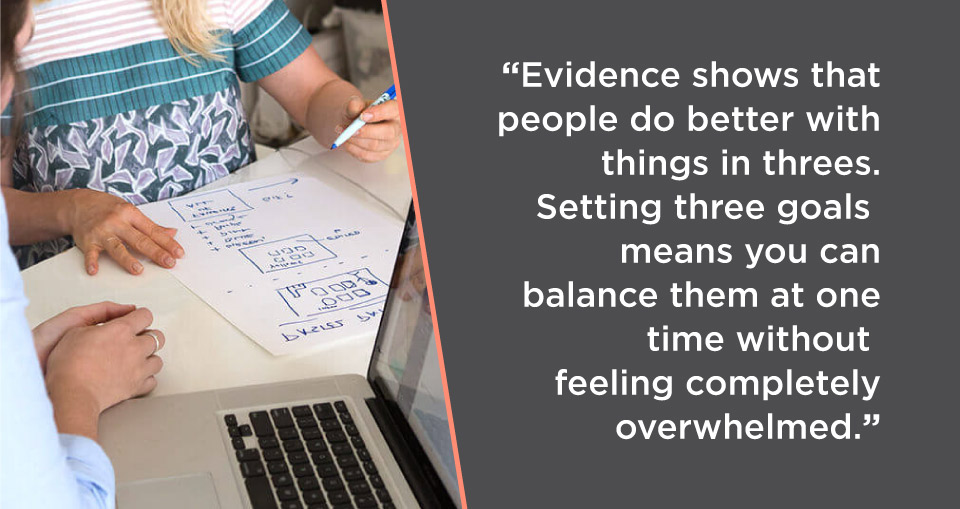These days, unless you’re lucky enough to get Summer Fridays, July and August still mean a standard 40-hour work week. But, for most of us, the day-to-day buzz slows down to a hum. Your boss, your coworkers, and your clients vanish. In place of their pressing emails, you find OOO messages. They’ve booked trips to visit family, European getaways two years in the making, or rosé-fueled long weekends in Palm Springs or the Hamptons. (Or they’re just on a much-needed staycation).
With your mind on beaches and barbecues, it can be easy to just cruise until fall brings everyone back to their desks. But much like those summers of yore, slack off too much and you’re going to get bored.
Fortunately, summer is an ideal time to work on your personal and professional growth. Whether it’s launching a new project or updating your resume for a job search come September, now’s the time to take major strides toward that goal while work is slow and there's less to distract you. Here’s how to make it happen.

Set Aside Three Hours a Week to Work on Yourself and Your Career
The easiest way to do that is to schedule a consistent time each week—maybe a Tuesday or Wednesday evening after work when it’s unlikely you’ll get any party invites. During those three hours, commit fully to working on a project (or projects) that will help you boost your career.
Wondering what you should work on during those hours? That brings us to point two:
Write Down Three Goals You’d Like to Accomplish in the Next Three Months
So, during your first 3-hour “work session,” write out the three goals you’d like to accomplish in the next 90 days and/or the next six months. To make sure they’re attainable, we suggest you use the SMART goals system. Once you have your goals in writing, work backwards. How much do you need to do this summer to keep on track? This will help you set priorities for your work sessions over the next eight weeks.
Take the Path of Least Resistance
If one of your goals is to find a new job, it’s time to check in on your online presence. Start by updating your LinkedIn portfolio. Why? Because once you have that, you can use it to update your resume and portfolio, too.
Also take a good hard look at your online presence. Google yourself. Comb through your social media accounts and ask yourself—really ask yourself—if you’re comfortable with a potential employer seeing everything there.
Last, tackle your online portfolio. If you don’t have one, we think you should. Stat. Start with signing up for our Digital You email course:
The best part about this is that having a shiny new site will get you excited—and excitement about your work is exactly what will make you stand out when you’re interviewing this fall.
Start a Side Project
That’s where the slower days of summer come in. When was the last time you did something entirely for your personal career goals that wasn’t for work?
During your weekly work sessions, give yourself some time to just get creative. Maybe you’ve wanted to go back to painting or maybe you want to start freelance writing for some publications. Maybe you’ve been in ceramics classes and you’re good—like, really good—but you’ve never gotten around to setting up an online site.
Whatever it might be, this is the perfect time to prioritize a facet of your life that sparks your curiosity or just makes you insanely happy. Set up a portfolio site to show off your work or your writing. Use some of the money you’d probably spend on patio margaritas with friends this summer anyway on an online course or to buy any supplies or software you need.
Regardless of whether this is a project with a clear end point (let’s say you just want to learn some HTML and CSS over the next few weeks during your work sessions) or something you hope to turn into an ongoing gig, prioritize it. Because sometimes productivity doesn’t mean doing what will get you a promotion at work. It means exploring parts of yourself you’ve never experienced before.

Check in on Yourself Once a Month
If you feel like you’re falling behind, ask yourself why. Do you just need to commit a little more of your free time to catch up? Or are you actually not into the project you took on? By getting critical, you’ll keep yourself on track or recognize when it’s time to adjust your plan and goals accordingly. Because it’s summer. You’re allowed to roll with it a little.










